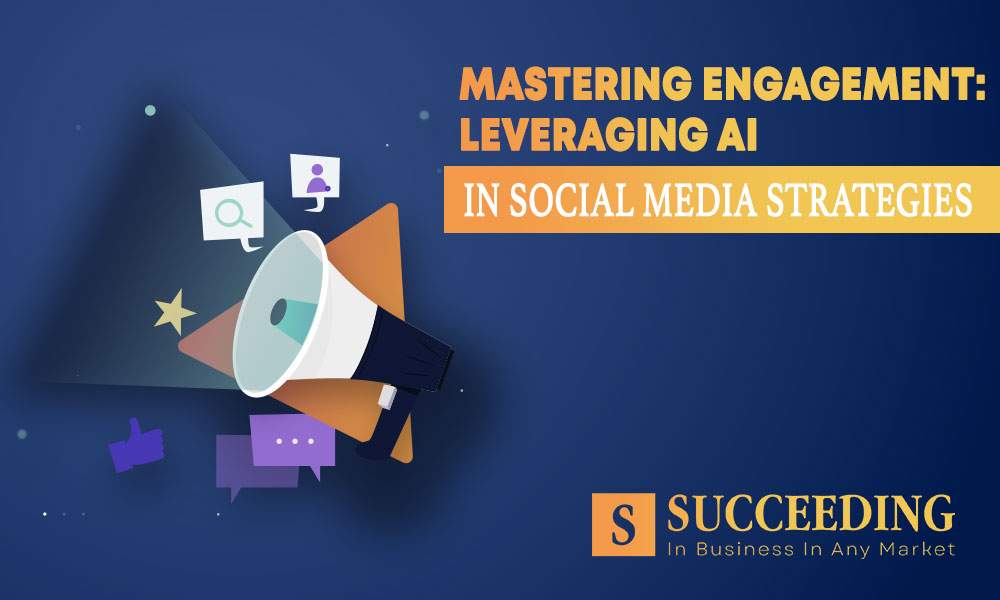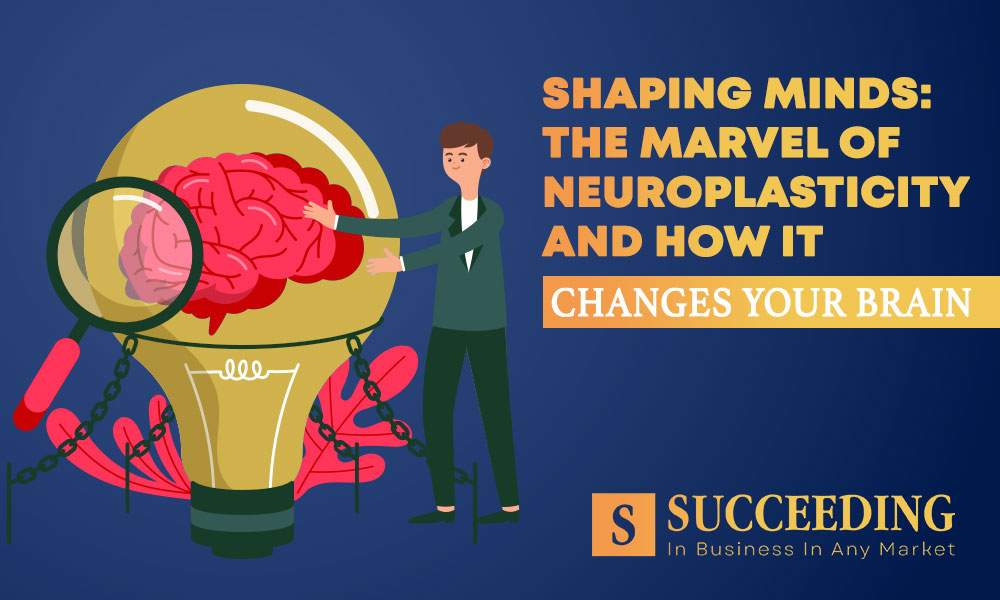Post Date: March 18, 2024

In the ever-evolving landscape of digital marketing, social media stands as a powerful platform for brand promotion, customer engagement, and audience connection. This article delves into the transformative role of Artificial Intelligence (AI) in optimizing social media strategies, exploring how businesses can leverage AI to enhance content creation, audience targeting, and overall campaign effectiveness.

The Evolution of Social Media Strategies:
As social media has evolved from a mere communication tool to a dynamic marketing platform, businesses are challenged to cut through the noise and capture the attention of their target audiences. Traditional strategies are no longer sufficient, paving the way for the integration of AI to redefine the rules of engagement.
The Role of AI in Social Media Strategies:
AI serves as a catalyst in reshaping social media strategies. Its ability to process vast datasets, analyze user behavior, and generate actionable insights enables businesses to craft more personalized and effective campaigns. From content creation to audience targeting, AI is the driving force behind the next generation of social media marketing.
AI-Driven Content Creation:
One of the key areas where AI excels is in content creation. Advanced algorithms analyze user preferences, trends, and engagement metrics to generate personalized and compelling content. From writing social media updates to creating visually appealing graphics, AI ensures that businesses can maintain a consistent and engaging presence across platforms.
Audience Targeting and Personalization:
Precise audience targeting is paramount in social media marketing. AI algorithms analyze vast amounts of user data to identify target audiences and personalize content. By understanding individual preferences and behaviors, businesses can deliver content that resonates, leading to improved engagement and conversion rates.
Social Listening and Sentiment Analysis:
AI enables social listening, allowing businesses to monitor conversations and analyze sentiment across social media platforms. This real-time feedback loop provides invaluable insights into audience perceptions, enabling businesses to adapt strategies and address concerns promptly.
Chatbots and AI-Powered Customer Interaction:
The integration of chatbots powered by AI enhances customer interaction on social media. Automated responses, personalized interactions, and instant assistance contribute to improved customer satisfaction. Businesses can provide round-the-clock support and engage with their audience in a more meaningful way.
Data Analytics and Performance Optimization:
AI-driven data analytics play a pivotal role in tracking and measuring the performance of social media campaigns. Real-time insights enable businesses to make informed decisions, optimizing their strategies for maximum effectiveness. From click-through rates to user engagement, AI provides a comprehensive view of campaign performance.
Influencer Marketing and AI Identification:
In the realm of influencer marketing, AI plays a crucial role in identifying suitable influencers for brand collaboration. By analyzing influencer authenticity, engagement metrics, and audience demographics, businesses can ensure strategic partnerships that align with their brand and target audience.
Challenges and Ethical Considerations:
While the benefits of AI in social media strategies are substantial, challenges and ethical considerations exist. Ensuring data privacy, maintaining transparency in AI use, and employing responsible practices are essential to building trust with the audience and avoiding potential controversies.
Case Studies:
Real-world case studies provide concrete examples of businesses that have successfully leveraged AI in their social media strategies. These cases offer insights into outcomes, lessons learned, and the tangible impact on brand visibility and audience engagement.
Implementation Strategies for Businesses:
For businesses looking to integrate AI into their social media strategies, practical guidance is essential. This section provides insights into selecting appropriate AI tools, training teams, and ensuring alignment with overall marketing objectives. A strategic approach is crucial for a seamless integration that enhances rather than disrupts existing workflows.
Future Trends in AI and Social Media Strategies:
Looking ahead, emerging trends at the intersection of AI and social media offer exciting possibilities. From advanced automation to evolving technologies, businesses need to stay abreast of these trends to remain at the forefront of social media marketing.

Conclusion:
In conclusion, the dynamic synergy between AI and social media strategies is reshaping the digital marketing landscape. Businesses that embrace AI-driven approaches stand to gain a competitive edge in engaging their audience, building brand loyalty, and achieving marketing success in the digital age.
FAQs:
Q1: How does AI enhance content creation in social media strategies?
AI enhances content creation by analyzing user preferences, industry trends, and personal brand messaging. Tools and algorithms assist in ideation, creation, and optimization for social media platforms.
Q2: How does AI contribute to audience targeting and personalization in social media marketing?
AI algorithms analyze user data to refine audience targeting and deliver personalized content. This improves engagement and conversion rates by tailoring social media campaigns to the specific preferences and behaviors of the target audience.
Q3: What role do chatbots play in social media strategies, and how are they powered by AI?
Chatbots powered by AI enhance customer interaction on social media by providing automated responses and personalized interactions. AI enables chatbots to understand user queries, offer relevant information, and improve overall customer satisfaction.
Q4: How does AI contribute to influencer marketing in social media?
AI aids in identifying suitable influencers for brand collaboration by analyzing influencer authenticity, engagement metrics, and audience demographics. This ensures businesses partner with influencers who align with their brand and target audience.
Q5: What are some ethical considerations when implementing AI in social media strategies?
Ethical considerations include ensuring data privacy, transparency in AI use, and responsible handling of user data. Businesses should prioritize ethical practices to build trust with their audience and avoid potential controversies.






